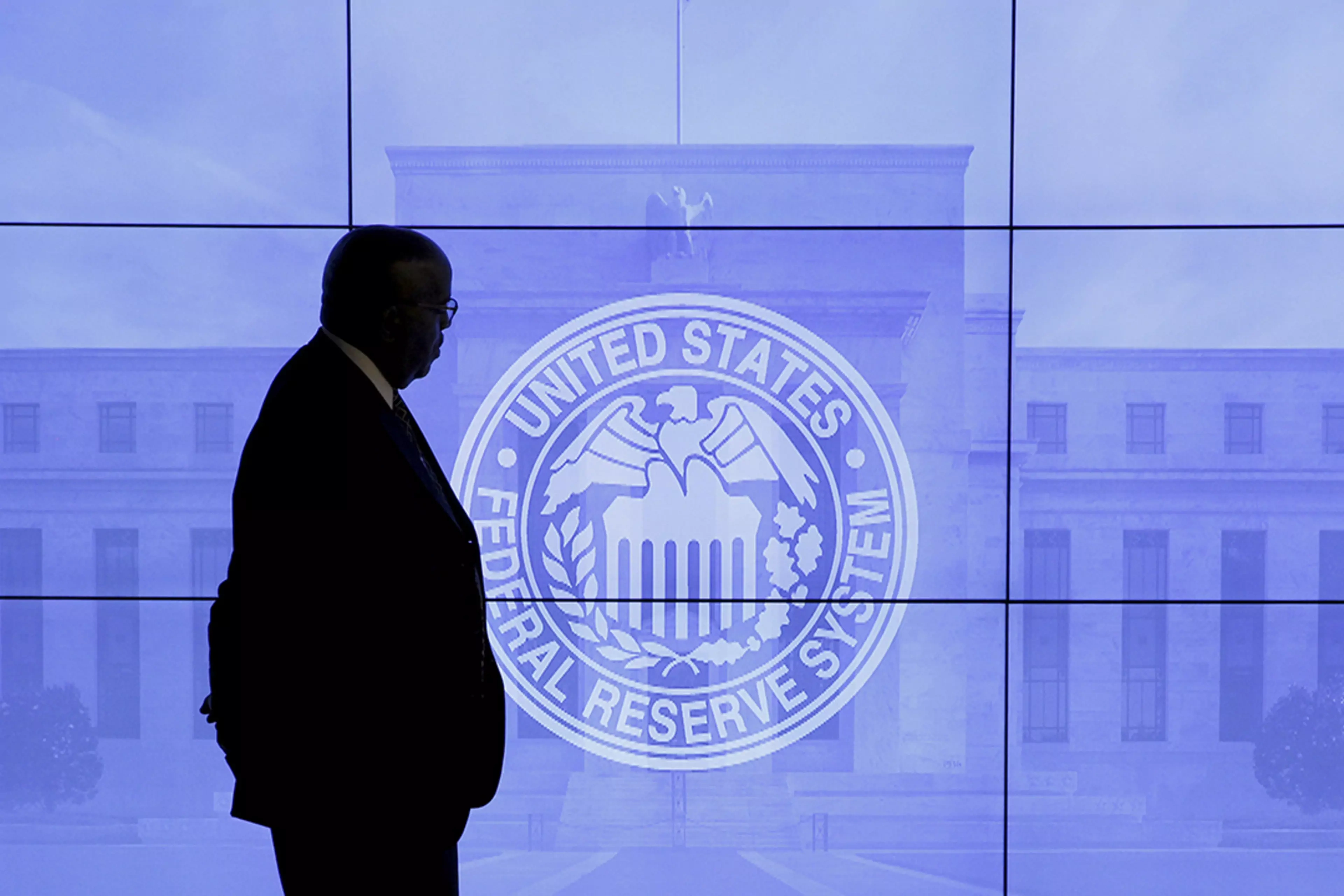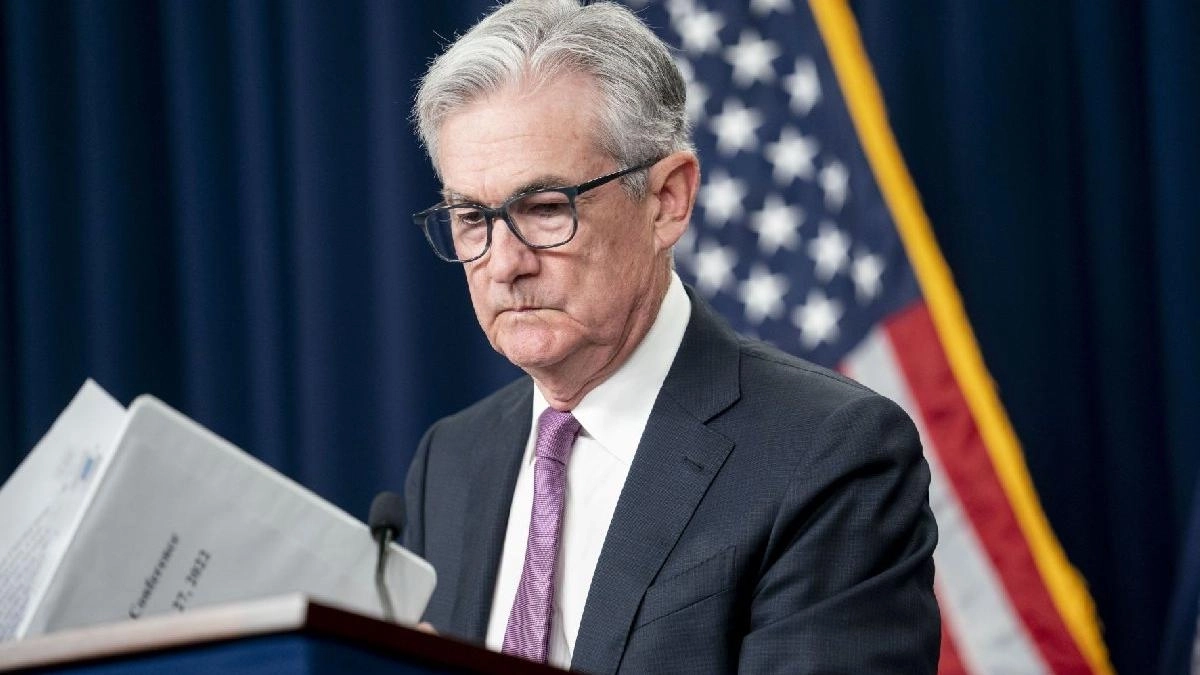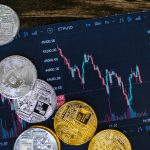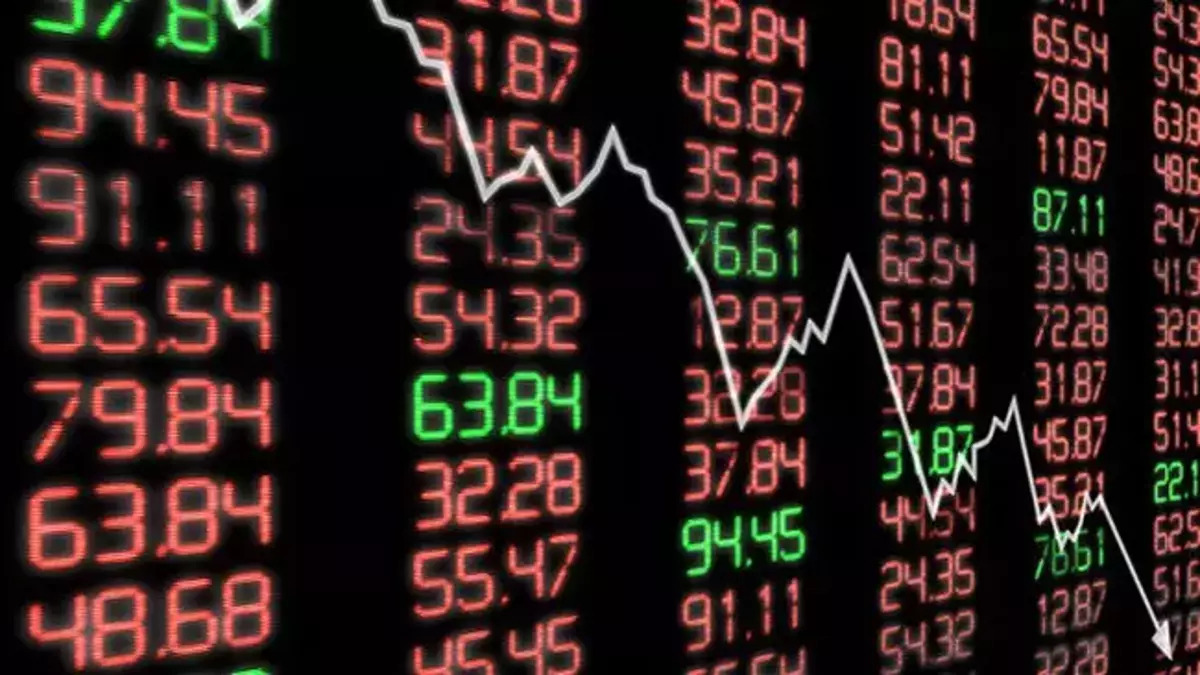The Federal Reserve’s (Fed) own economists are sounding the recession alarm. Economists warn that further rate hikes could shake the US economy. Senior economist Mohamed El-Erian expects ‘severe’ shocks that could reshape the global economy forever.
“Three new trends point to such a transformation”
Mohamed El-Erian says a combination of supply pressures, central bank tightening and market ‘fragility’ is likely to put pressure on growth. El-Erian underlines the following in a Foreign Affairs article:
Three new trends in particular point to such a transformation. There are factors that are likely to play an important role in shaping economic outcomes over the next few years. These are: the shift from insufficient demand to insufficient supply as a major multi-year barrier to growth, the end of unlimited liquidity from central banks, and the increasing fragility of financial markets. These shifts help explain many of the unusual economic developments over the past few years. It is also likely to lead to even more uncertainty in the future as shocks become more frequent and more severe. These changes will affect individuals, companies and governments economically, socially and politically.

“Fed used to say inflation was ‘temporary’, but…”
El-Erian’s warning comes as institutions like the International Monetary Fund and the Institute of International Finance predict an economic slowdown next year. cryptocoin.com As you follow in , Russia’s invasion of Ukraine in February resulted in tightening of global supply chains as commodity prices from crude oil to wheat soared. Meanwhile, central banks like the Fed began to aggressively raise interest rates. This, in turn, is likely to hit economic growth, along with taming inflation.
El-Erian says analysts need to move away from the mentality that a recession will be a short and sharp recession. It reminds me of the Fed’s characterization of inflation as only ‘temporary’. He warns of the problems this way of thinking poses, even as prices skyrocketed last year. In this context, he makes the following statement:
From the Fed’s initial misconception that inflation will be ‘temporary’ to the current consensus that a possible US recession will be ‘short and shallow’, there is a strong tendency to view economic challenges as both temporary and quickly reversible. These changes will affect individuals, companies and governments economically, socially and politically. Until analysts realize that these trends are likely to last longer than the next business cycle, the economic distress they cause is likely to significantly outweigh the opportunities they create.

“The economy will flip a coin on growth or recession in 2023!”
The Fed’s own economists warn that the U.S. economy is at serious risk of falling into a painful downturn next year. Economists are therefore sounding the alarm for a possible recession. The minutes of the Fed’s November meeting show central bank staff have flagged growing pressure on consumer spending, problems abroad and higher borrowing costs as short-term headwinds.
Fed economists say the economy will flip a virtual coin on growth or recession in 2023. Therefore, they judge the risks to the underlying forecast for real activity to be to the downside. They also see the possibility of the economy entering a recession within the next year almost as likely as baseline. Fed economists warn that a recession in the US is likely, though not necessarily, next year. Currently, there is stubborn inflation and higher interest rates than ever before. These, in turn, increase the likelihood of further suffering for consumers and businesses. Therefore, these expectations have increased even more in recent months.
As a result, American consumers face the double blow of increased prices and higher interest payments on their car loans, credit cards, mortgages and other debt. The Russian invasion of Ukraine and the ongoing Covid-19 lockdowns in China have disrupted global supply chains. This has increased the costs of food, energy and other basic necessities. That’s why the ongoing problems are squeezing the households as well.







